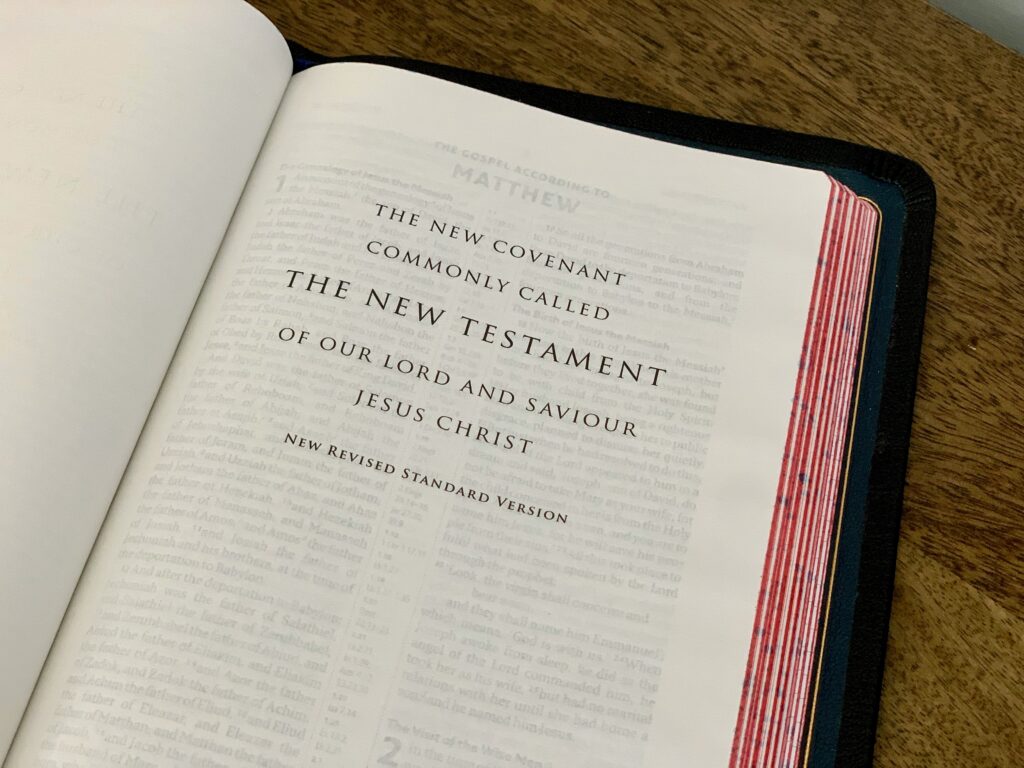
By AC
This primary information for this topic stems from Paul Copan in his book Is God A Moral Monster? (pp. 121-123).
- If two men, a man and his countryman, are struggling together, and the wife of one comes near to deliver her husband from the hand of the one who is striking him, and puts out her hand and seizes his genitals, then you shall cut off her hand; you shall not show pity. (Deut. 25:11–12)
“This passage refers to “the immodest lady wrestler,” as one scholar humorously put it. Her action was considered a shameful act, and, what’s worse, the man could possibly be permanently injured and thus deprived of future children. At first blush, this passage apparently requires that a woman’s hand be cut off if she seizes the genitals of a man fighting with her husband.
Now, if this were the case, it would be the only biblical instance of punishment by mutilation; beyond this, where ancient Near Eastern laws call for bodily mutilation for various offenses, the Mosaic law does not. Before we explore the text in more detail, we should compare this to other fearsome punishments in the ancient Near East. As we’ve seen, the Babylonian Code of Hammurabi insisted that certain crimes be punished by cutting off the tongue, breast, hand, or ear—or the accused being dragged around a field by cattle. The law of Moses, though not ideal, presents a remarkable improvement when it comes to punishments.
Babylonian Code of Hammurabi
Cutting off the Tongue:
- Law 192: If the son of a paramour or a prostitute says to his adoptive father or mother, “You are not my father or mother,” his tongue shall be cut off.
- Law 193: If the son of a paramour or prostitute desires to return to his biological parents after being adopted, his eye shall be put out.
Cutting off the Breast:
- Law 194: If a nurse substitutes another child for the one entrusted to her care without the parents’ knowledge, her breasts shall be cut off.
Cutting off the Hand:
- Law 195: If a son strikes his father, his hands shall be hewn off.
- Law 218: If a physician makes a serious mistake during surgery, causing the death of a patient or the loss of an eye, his hands shall be cut off.
Other Mutilation Punishments:
- Law 226: If a barber, without the knowledge of his master, cuts the sign of a slave on a slave not to be sold, the hands of this barber shall be cut off.
A more plausible interpretation of this passage is the punishment of depilation (“you shall shave [the hair of] her groin”), not mutilation (v.12). The word commonly translated “hand” (kaph) can refer to the “palm” of a hand or some rounded concave object like a dish, bowl, or spoon, or even the arch of a foot. The commonly used word for “hand” (yad) isn’t used here. It would be strange to cut off the palm of a hand!
Furthermore, in certain places in the Old Testament, the word kaph is clearly used for the pelvic area—either the concave hip socket (Gen. 32:26 [25-it’s supposed to be], 32) or the curve of the woman’s groin area: “I arose to open for my lover, and my hands dripped with myrrh, my fingers with flowing myrrh, on the handles [plural: kaphot] of the lock” (Song of Songs 5:5 NIV). This language alludes back to the “locked garden” in 4:12: “You are a locked garden, my sister, my bride.”
Also, in the Deuteronomy 25 text, there is no indication of physical harm to the man (as some commentators commonly assume). For those who assume a literal “hand for a hand” punishment, remember that the man’s hand hasn’t been injured or cut off (if so, then the idea of cutting off her hand would make slightly more sense). In addition, shaving hair—including pubic hair—as a humiliating punishment was practiced in Babylon and Sumer (see also 2 Sam. 10:4–5; Isa. 7:20). This isn’t mutilation for mutilation, but humiliation for humiliation.
In addition, the specific Hebrew qal verb form (in Deut. 25:12) has a milder connotation than the stronger, intensified piel verb form, meaning “cut off” or “(physically) sever [qatsats].” Whenever it appears in this milder form (Jer. 9:26; 25:23; 49:32), it means “clip/cut/shave [hair].” There’s just no linguistic reason to translate the weaker verb form (“shave”) as a stronger form (i.e., amputation). In this particular case, we’re talking about the open concave region of the groin, and thus a shaving of pubic hair. In short, the woman’s punishment is public humiliation for publicly humiliating the man—something still very severe and for which no mercy was to be shown. From a textual point of view, the superior view is clearly the “shaving” view, not the mutilation view.
Is this an ideal punishment for all time? Not at all! However, it does stand out in marked contrast to the severe and excessive mutilation punishments common in the ancient Near East. In fact, Middle Assyrian laws (around 1100 BC) present a similar scenario (in the case of injury to the man), though with far more drastic consequences. If a woman in a quarrel injured a man’s testicle, her finger was cut off. If the other testicle was injured, both of her eyes were gouged out. Again, even if Deuteronomy 25 were dealing with an actual mutilation punishment, this would be (1) the only such punishment in the Mosaic law and (2) a dramatic contrast to the frequent mutilation punishments in the rest of the ancient Near East. But as we’ve seen, the language simply does not allow for this “amputation” rendering.
Israel’s laws weren’t perfect, to be sure. But when we compare them with various ancient Near Eastern law codes (whether regarding sexuality or other matters), the general impression noted by scholars is a range of dramatic—even radical—moral improvements in Israel.”
Here is another perspective by biblical scholar, philosopher, and theologian Paul Copan in his book Is God A Moral Monster? (pp. 121-123).
Further Reading
Answering Objections In Deuteronomy
Davidson, Richard M. Flame of Yahweh: Sexuality in the Old Testament. Peabody, MA: Hendrickson, 2007.
Jones, Clay. “Why We Don’t Hate Sin so We Don’t Understand What Happened to the Canaanites: An Addendum to ‘Divine Genocide’ Arguments.” Philosophia Christi n.s. 11 (2009): 53–72.Wenham, Gordon J.Story as Torah: Reading Old Testament Narratives Ethically. Grand Rapids: Baker Academic, 2000.






**mitolyn reviews**
Mitolyn is a carefully developed, plant-based formula created to help support metabolic efficiency and encourage healthy, lasting weight management.